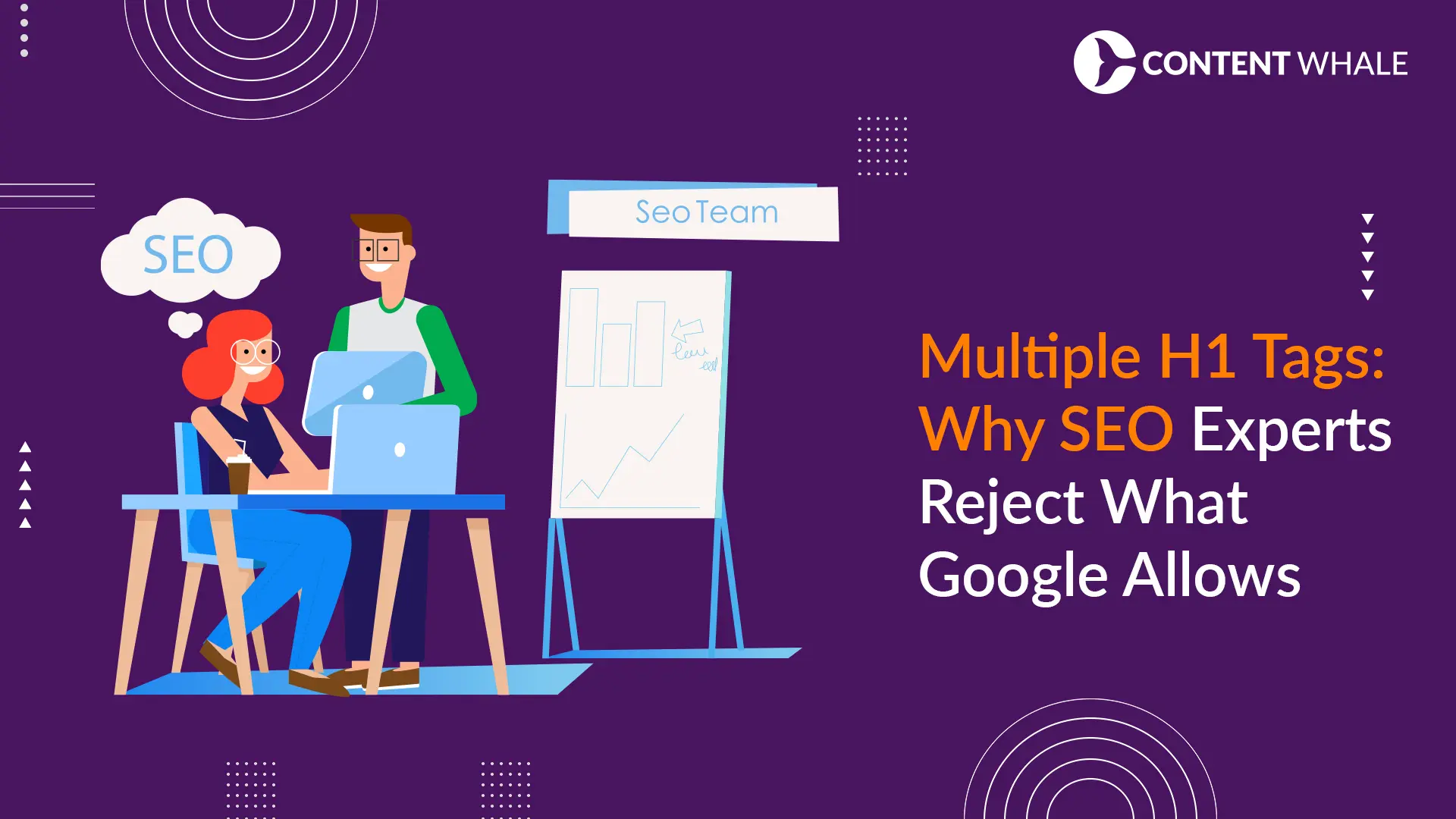Is Semantic SEO a myth or a reality?
Search engine optimization has come a long way – From keyword stuffing to technical SEO and technical SEO to intent-centric. So, where does Semantic SEO lies? Or is it even a real thing?
When Google launched BERT algorithm in 2019, it introduced Gone are the days of keyword stuffing and chasing after every single keyword variation. In 2026, it’s all about understanding the intent and context behind searches. But what is Semantic SEO, and is it just another buzzword? Let’s dive in and debunk the myths, presenting a clear-cut strategy that aligns with the latest SEO practices.
What Exactly is Semantic SEO?

Semantic SEO is the practice of building more meaning and relevancy into web content, aiming to answer the user’s intent and contextual questions rather than merely targeting specific keywords. This approach leverages the sophisticated capabilities of search engines to interpret nuances of language, ensuring that content remains relevant and effectively optimized for future algorithm updates.
The Core of Semantic SEO: Understanding Intent and Context
Semantic SEO is about aligning content with the searcher’s intent and the context of their query at its heart. It involves optimizing content to rank for a broad spectrum of related queries and subtopics, enhancing visibility and user experience by providing comprehensive and relevant answers.
The Myths Surrounding Semantic SEO

1. Semantic SEO Is Just a Fad
Contrary to this belief, the evolution of search engine algorithms has made Semantic SEO an integral part of modern SEO strategies.
2. Keywords No Longer Matter
While the approach has shifted from individual keywords to topics and intent, keywords still play a crucial role in helping search engines understand and rank content.
Implementing Semantic SEO: A 2026 Strategy
1. Focus on Topics, Not Just Keywords
Create in-depth content that covers a topic comprehensively, making it possible for your page to rank for a wide array of related queries and subtopics.
2. Understand and Match Search Intent
Dive deep into the search intent behind queries related to your topic, ensuring your content addresses the needs and questions of your audience.
3. Use Structured Data to Enhance Understanding
Implement structured data (schema markup) to provide search engines with explicit context about your content, improving visibility in search results.
4. Optimize for “People Also Ask” Questions
Incorporate answers to related questions within your content to improve visibility in these valuable SERP features, enhancing both relevance and user experience.

5. Incorporate LSI and Semantically Related Keywords
Use Latent Semantic Indexing (LSI) and related keywords to help search engines grasp the broader context of your content, moving beyond mere keyword matching.
Benefits of Semantic SEO in 2026
1. Increased Organic Traffic
By ranking for a broader range of keywords and queries, you capture more organic search traffic. And Check out my response on this article to know more on how to increase organic traffic?
2. Enhanced User Experience
Delivering content that directly addresses user needs improves satisfaction and engagement.
3. Future-Proof SEO Wins
As search engines continue to evolve, Semantic SEO ensures your content remains optimized and relevant.

Semantic SEO is a fact, an essential component of a successful SEO strategy in 2026. It demands a nuanced approach to content creation and optimization, focusing on understanding and answering the user’s intent. By embracing Semantic SEO, marketers can ensure their content not only ranks well but also truly meets the needs of their audience, setting the stage for long-term SEO success.
If your articles aren’t ranking, it could probably be because of not adhering to modern SEO content writing strategies. So, if you need professional assistance in writing blogs and articles that rank and are semantically optimized, contact us and share your requirements with us.

Q. How does Semantic SEO differ from traditional SEO?
A. While traditional SEO often focuses on optimizing for specific keywords, Semantic SEO emphasizes the importance of context and user intent. It aims to create content that answers the broader questions a user might have, utilizing related topics and concepts to provide a more comprehensive answer.
Q. Why is Semantic SEO important?
A. Semantic SEO is crucial because search engines like Google are increasingly using natural language processing and understanding to interpret search queries. By optimizing for Semantic SEO, you ensure your content aligns with how search engines interpret and serve results, improving your visibility and relevance in search results.
Q. How can I implement Semantic SEO on my website?
A. Implementing Semantic SEO involves several strategies, including creating in-depth content that covers topics comprehensively, using structured data to help search engines understand your content better, and optimizing for user intent by answering related questions and including semantically related keywords.
Q. What role do structured data and schema markup play in Semantic SEO?
A. Structured data and schema markup provide a way to annotate your content, making it easier for search engines to parse and understand its context and meaning. This can enhance your visibility in search results, contribute to rich snippets, and ensure your content is accurately indexed and served to users.
Q. Can Semantic SEO improve my website’s traffic?
A. Yes, by aligning your content with user intent and providing comprehensive, contextually relevant answers, Semantic SEO can improve your visibility in search results, leading to increased organic traffic.
Q. Is keyword research still important in Semantic SEO?
A. Yes, keyword research remains a crucial component of Semantic SEO. However, the focus shifts from targeting specific keywords to understanding the topics and questions those keywords represent, allowing you to create content that addresses a broader range of user queries.
Q. How does voice search impact Semantic SEO?
A. With the rise of voice search, queries have become more conversational. Semantic SEO is perfectly aligned with this trend, as it focuses on understanding and answering natural language queries. Optimizing for voice search involves considering the conversational tone and context of queries, further emphasizing the importance of Semantic SEO.





